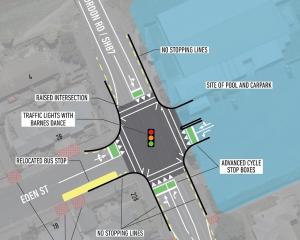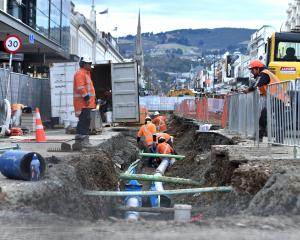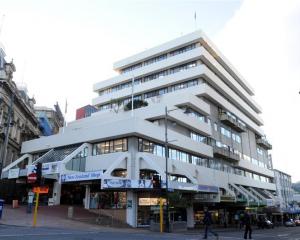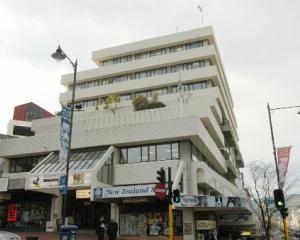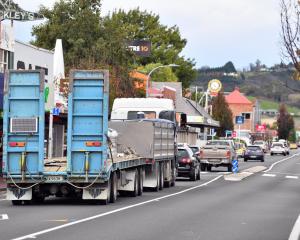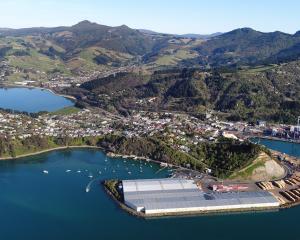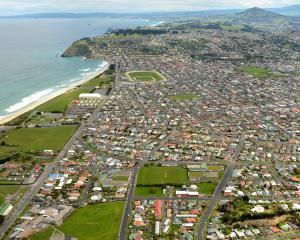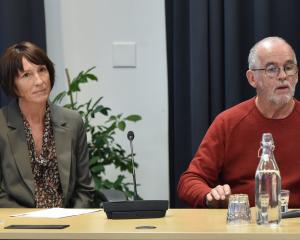An energy plan that caused sparks to fly in Dunedin is now attracting ''fantastic'' interest from the public, the Dunedin City Council says.
The council has received hundreds of pages of public suggestions on the city's energy future as work continues on a draft Dunedin energy plan.
The latest public feedback period ended yesterday, after the council released a discussion document on the plan last month.
Council energy manager Neville Auton said ''dozens'' of public suggestions - some 11 pages long - had been received since then.
In addition, a public energy workshop held at the Glenroy Auditorium on Monday night attracted about 80 people and generated 140 ideas spread over 400 pages of feedback, he said.
The response meant the council now had ''a lot of work'' to do to analyse the results, before releasing a draft energy plan for full public consultation next month, Mr Auton said.
However, he was full of praise for ''fantastic'' public response, which would help shape the document and the city's energy future.
''I think overall the interest has been really high and I'm really pleased. The turnout on Monday night was fantastic.
''That might just align us a little bit better - give us a better compass heading on where we should be going as a city.''
The public response was a far cry from earlier debate on the energy plan, which erupted when Otago Chamber of Commerce president Peter McIntyre voiced fears the plan could be ''overrun with green ideologies''.
That prompted a rebuke from Mayor Dave Cull, who took to Facebook to denounce the chamber's ''ill-informed criticism''.
Mr Auton said yesterday the public feedback to date meant some adjustments were expected by the time the draft plan was released for public comment, although no major changes were likely.
The 10-year plan would be designed to achieve cost savings and enhance residents' quality of life by improving energy efficiency, while increasing the city's energy security and ability to adapt to any future change in supply.
It also aimed to reduce Dunedin's impact on climate change, how the city could take advantage of economic opportunities in a changing world and how it could assess its energy infrastructure needs.
Among the discussion document's suggestions was a new focus on educating people on ways to improve the energy efficiency of their homes and businesses, setting standards for housing, and supporting local food initiatives to mitigate the costs of rising fuel prices.
Other suggestions included finding ways to encourage more use of public transport, walking or cycling, supporting the increased use of rail for freight, and development of low-cost, local fuel and energy supplies for residential use.
Mr Auton said those ideas were supplemented by others at Monday's workshop, including a collective power purchase scheme for residents and ratepayers, subsidies to develop unrecycled polystyrene into insulation, leaflets to promote energy efficiency and new smartphone technology for a rideshare scheme in Dunedin.
The exact number of public suggestions received since the discussion document's release was not yet known, although it was expected to be fewer than 100, he said.
''Now we have to do the analysis, but it's provided us with some detailed ideas for actions.''
Both the workshop's feedback and other public input would help shape the draft plan, which was expected to be released for public consultation later next month, he said.


